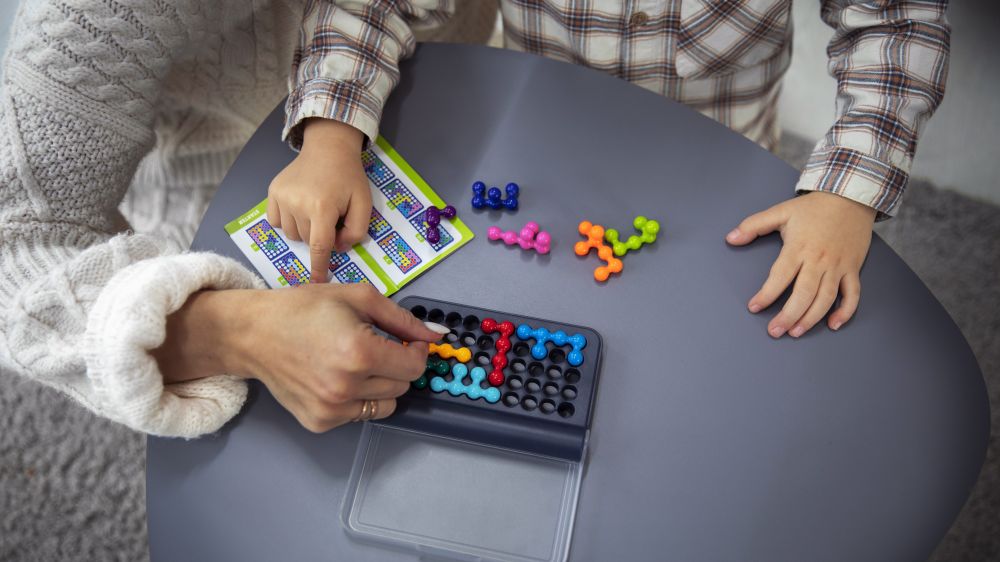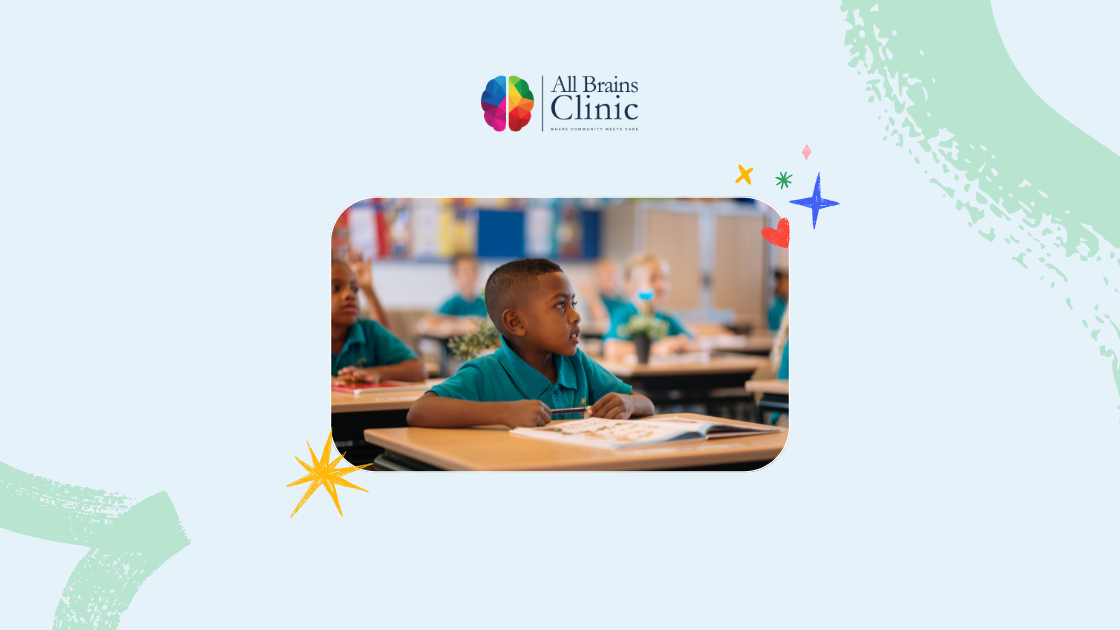If you are a parent exploring your child’s unique experiences, it's completely natural to have many questions. Keep in mind that some disabilities are easy to identify; People who are blind or have low vision face specific challenges related to their condition. Yet, other disabilities, like dyspraxia, can feel more complex and less clear-cut. If you recently learned about a dyspraxia diagnosis, you might be wondering, “Is dyspraxia a learning disability?” Together, let’s take a closer look at this developmental concern and how it is understood.

What Is Dyspraxia?
Dyspraxia is a condition that affects how people control their movements. It often shows up as a delay in developing motor skills. The exact cause of dyspraxia is not known, but some research suggests it may relate to how the brain develops.
Dyspraxia happens when the brain struggles to send messages correctly, making it hard to plan and coordinate actions. People with dyspraxia may also have trouble with perception, language, and thinking.
Many signs of dyspraxia are similar to those of dyslexia. Research shows that about 52% of children with dyslexia also show signs of dyspraxia. It is rare for someone to have only one learning difficulty; most people have multiple challenges that can range from mild to severe.
What Are the Common Symptoms of Dyspraxia
Here are some signs of Dyspraxia:
- Difficulty with physical activities that need coordination, like playing games on the playground.
- Having trouble moving around the house, including using stairs.
- Struggling with writing, drawing, or doing crafts.
- Finding it hard to tie shoelaces or button clothes.
- Having issues using cutlery.
- Inability to sit still.
.png)
The Difference Between Dyspraxia and Dysgraphia
Dyspraxia, also known as Developmental Coordination Disorder (DCD), is a condition that affects a person’s ability to move well. This includes both fine and gross motor skills. People with dyspraxia often find it hard to coordinate their movements, balance, and perform tasks like riding a bike, using utensils, or holding a pen, even if their intelligence is normal.
Dysgraphia is a specific learning problem that affects writing. It can make handwriting hard to read, cause issues with forming letters, and lead to problems with spacing, spelling, and organizing thoughts on paper. These difficulties often come from problems with fine motor skills, remembering how words are spelled, or keeping track of ideas.
While dyspraxia can lead to various motor difficulties, including those that affect writing, dysgraphia is specifically about the challenges in writing. Therefore, someone with dyspraxia might show symptoms of dysgraphia, but dysgraphia can also happen on its own without the motor coordination issues seen in dyspraxia.

Dyspraxia and Classroom Performance
A child may be incredibly intelligent and full of creativity but still face challenges in the classroom that make it difficult for them to keep up with their peers. It's important to recognize that identifying learning difficulties is often the first step to getting the support they need. When conditions like dyspraxia go undiagnosed, they can have a serious impact on a child's self-esteem and emotional well-being.
Unfortunately, in the past, teachers sometimes misunderstood the signs of dyspraxia, mistaking them for disruptive behavior, which led to unfair labels like lazy or troublesome. This lack of understanding may have also meant that some children weren’t encouraged to reach their full academic potential. Since dyspraxia affects each individual differently, it can be really challenging for students to receive the right diagnosis. This is particularly true for those who are very fidgety, find it hard to sit up straight at their desks, or frequently misplace their homework and struggle to meet deadlines or understand tasks.
.png)
Is Dyspraxia a Learning Disability?
In British Columbia, dyspraxia, also known as Developmental Coordination Disorder (DCD), is not labeled as a "learning disability." Instead, it is seen as a motor impairment that can affect school performance. The educational policy framework in BC includes dyspraxia with other conditions like dysgraphia, dyslexia, and ADHD as specific learning-related needs for students. Children with dyspraxia can receive support under BC's Inclusive Education laws, which recognize them as having a disability or diverse ability. This support gives them access to individualized education plans (IEPs) and various resources, rather than categorizing them as having a specific learning disability.
Dyspraxia is a condition that affects learning, but it is not officially called a learning disability. In British Columbia schools, students with dyspraxia can receive support and services to help them. Also at All Brains Clinic, we have a Learning Support Coordinator who assists your child in getting the educational support they need.

Navigating Your Child’s Journey
If you are noticing signs of dyspraxia in your child, it can be a difficult and confusing time for both of you. A motor development assessment can be a valuable step in understanding their individual needs. This assessment can provide insight into how your child’s motor skills are developing compared to their peers and whether they may benefit from additional support.
Recognizing challenges early can truly be life-changing. If your child struggles with handwriting, coordination, or everyday self-care tasks, understanding the root of these difficulties can be empowering for both you and your child. This awareness allows you to advocate for them with confidence and compassion, supporting their journey in a meaningful way. Remember, you’re not alone in this, and together, you can navigate these challenges with love and understanding.

Dr. Ali Eslami, Chief Editor
Dr. Ali Eslami is a child psychiatrist at BC Children’s Hospital and All Brains Clinic with a PhD from Brown University. With expertise in neurodevelopmental disorders, autism assessment, and AI research in mental health, he ensures every article meets the highest standards. His sharp editorial eye guarantees clarity, accuracy, and credibility in all our content.

.svg)


.svg)
.png)



.png)


.svg)








.svg)




